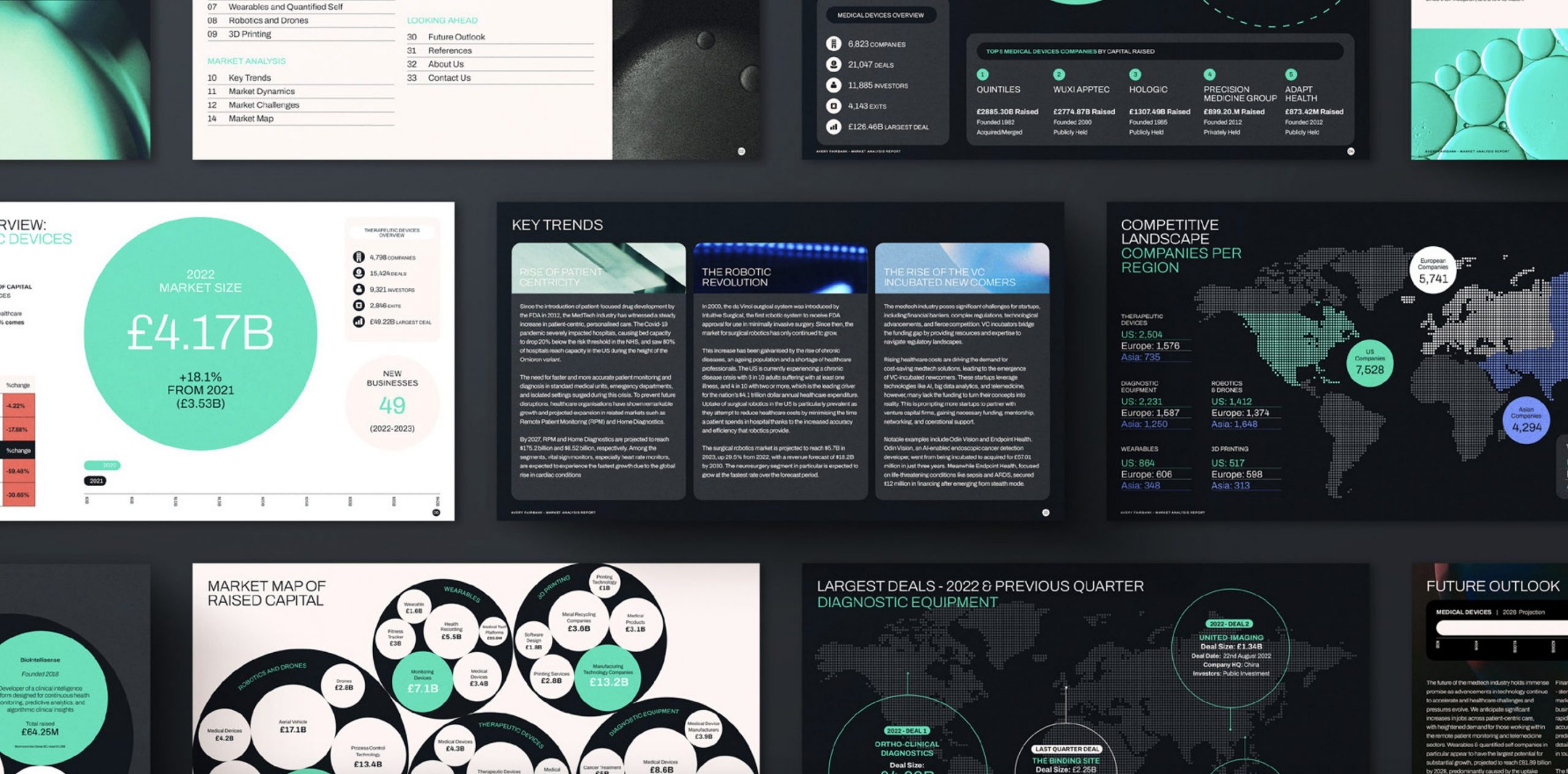October 23, 2023
The COVID-19 pandemic proved an enormous disruptor for businesses worldwide – illuminating issues with supply chains, operational management and logistics; against a backdrop of staff shortages and changing consumer shopping behaviours. This facilitated a surge in the deployment and integration of Artificial Intelligence (AI) solutions as a tool to maximise efficiencies. Today, the AI revolution has lead to AI becoming an integral part of many organisations processes, enabling unprecedented levels of productivity and proficiency.
AI: From Niche to Necessary
In fact, 35% of all [global/UK/US] companies have already integrated AI into their daily operations, with over half currently using it in their cybersecurity and fraud management systems. These numbers are only likely to increase, given the 97% of business owners who believe that platforms like ChatGPT will help their company, particularly in areas like customer relations, where 64% believe it will make a difference.
It’s now evident that those who fail to incorporate the tech into new or existing processes will be left behind.
To evidence this, take a look at this list of areas where organisations are either using or planning to use AI:
- Customer service (56%)
- Cybersecurity and fraud management (51%)
- Digital personal assistants (47%)
- Customer relationship management (46%)
- Inventory management (40%)
- Content production (35%)
- Product recommendations (33%)
- Accounting (30%)
- Supply chain operations (30%)
- Recruitment and talent sourcing (26%)
- Audience segmentation (24%)
ChatGPT and other AI tools have played a pivotal role in catapulting Artificial Intelligence from play-thing of the tech-savvy, to an accessible and indispensable tool for a broader audience.
The Evolving Job Landscape
This renewed interest and understanding of AI’s potential has not gone unnoticed by investors, with the market valuation reaching $538.13 billion, a growth of 18.48% since 2022.
Such a financial boost naturally paves the way for more job opportunities within the sector. In 2022, 39% of businesses hired software engineers, and 35% hired data engineers for AI-related positions, according to a McKinsey report, and these numbers are only increasing. In the past year alone, there has been a notable surge in roles like Machine Learning Engineers (+7%); Data Scientists (+6%); and AI Engineers (+19%) according to LinkedIn. The demand for talent in AI is growing at such a rapid pace that it is estimated that there will be 97 million jobs in the industry by 2025.
Challenges
However, it isn’t all positive news, as AI may harm some sectors more than it benefits them. Administrative positions and tasks in legal professions are those most exposed to AI automation, with 46% and 44% of roles in those areas at risk respectively. Sectors like learning and development have also been particularly disrupted as students increasingly turned to alternatives like ChatGPT, as seen by learning platform Chegg’s near 50% drop in shares. Meanwhile, tech giant IBM is incorporating more AI and enacting hiring freezes. Their CEO, Arvind Krishna, even anticipates that up to 7,800 employees might be displaced due to AI-driven attrition in the coming years.
There are many broader challenges of implementing AI beyond the impact it has on jobs including the data security risks posed by using programs like ChatGPT. Some banks have actually taken the decision to invest millions into building in-house versions of programmes like OpenAI’s ChatGPT, as, according to David Schwimmer, chief executive of LSEG they “want[ed] to make sure that none of [their] data is being used to inform any other large language models out there” – essentially ensuring extremely sensitive data is kept secure.
Simulating human intelligence is also no easy feat, and the level of computing power needed to achieve this requires substantial investment. OpenAI’s ChatGPT costs approximately $700,000 a day to run for example. Ethical and racial bias in software is also creating issues for developers. Programming an AI to understand right from wrong is a complex task which means it cannot always be trusted to be fair and neutral, as seen in the case of one programme that was used to predict future criminals which showed a bias towards black people.
These challenges, in addition to other issues including inaccuracy, security concerns, and the inability to think outside the box are all obstacles that this technology needs to overcome before it can reach its full potential. Businesses looking to implement AI into their operations must also carefully consider its current limitations before rushing to integrate it into systems.
Future Outlook
With the industry estimated to reach a market value of $1,807.84 billion by 2030, the future of AI looks bright. As we discuss in our latest Advanced Technology Market Analysis Report, the balance between job creation and displacement is expected to be a favourable one by 2025, with a net addition of 12 million jobs globally, providing new job prospects which will be particularly crucial for those who may be displaced by the rise of AI. This not only means more vacancies for pre-existing roles like AI Engineers, but the creation of more roles such as AI Integration Specialists and AI Ethics Officers – with more likely to surface as the technology advances.
The global workforce may also become happier as AI begins to replace dangerous and tedious jobs, liberating people to focus on tasks that require the creativity and empathy of a human. The world may also become healthier as the healthcare sector in particular is set to be revolutionised by AI due to its ability to reduce costs and therefore save money, reducing the strain on healthcare organisations. Its potential for personalised medication regimens and treatment plans, as well as increased provider access to data from several medical institutions, are just a few life-changing possibilities.
Conclusion
As the wave of AI continues to rise, businesses that remain anchored to outdated systems and fail to embrace this change risk being swept away. The narrative is clear: adapt and thrive in the age of AI or remain static and face obsolescence.
Finding the right talent is paramount to successfully integrate AI into your company. As a leading executive search firm, we pride ourselves on our deep-rooted understanding of this sector. Our expansive knowledge ensures that we not only identify top-tier talent but also recognise the potential visionaries of tomorrow. Trust in our expertise to bridge the gap between your company’s ambitions and the trailblazers who can make them a reality.
To find out more about how we can help you, visit our services page, or to discuss your specific needs, please contact us.

Published on 23-10-2023


